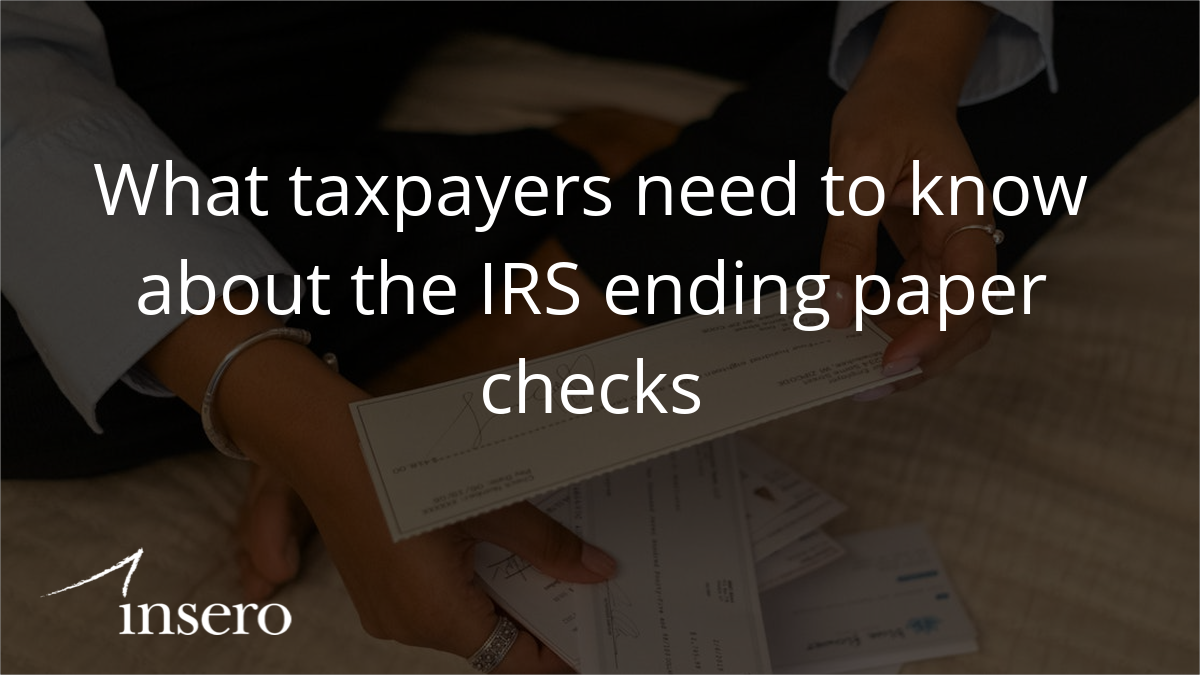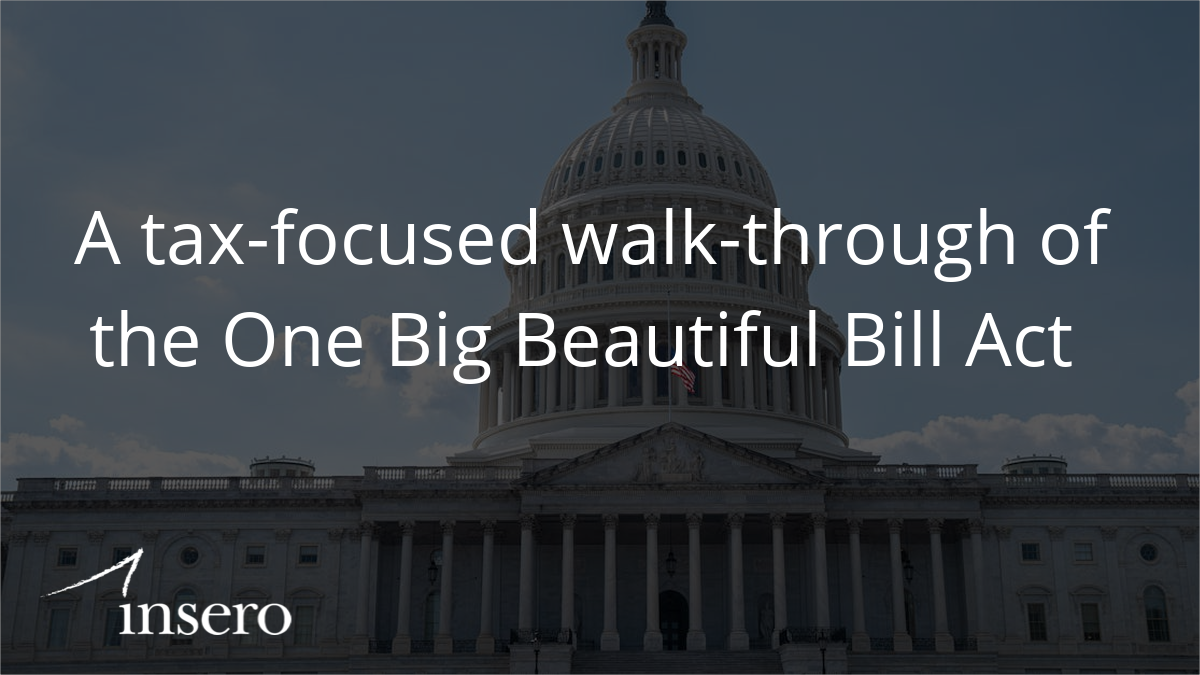ARTICLE | August 19, 2025
What if a single piece of legislation could immediately increase your business cash flow by hundreds of thousands of dollars while permanently reducing your tax liability? For many business owners, the One Big Beautiful Bill Act (OBBBA), signed into law on July 4, 2025, delivers exactly that opportunity. This transformative legislation represents the most significant business tax reform since the Tax Cuts and Jobs Act of 2017, and the clock is already ticking on several time-sensitive provisions.
Bonus Depreciation Returns to Full Power
The Big Beautiful Bill’s most immediate impact comes from the restoration of 100% bonus depreciation for qualified property acquired after January 19, 2025. This provision alone could generate substantial cash flow improvements for businesses making equipment purchases, facility improvements, or technology investments.
“The return to 100% bonus depreciation is a game-changer for businesses that have been delaying capital expenditures,” explains Steve Mills, CPA at Insero Advisors. “Instead of depreciating equipment over several years, businesses can now expense the full cost immediately, creating significant tax savings and improved cash flow in the first year.”
For manufacturers, this means new machinery and equipment purchases can be fully expensed. Restaurants can immediately deduct kitchen equipment and dining room improvements. Professional service firms can expense technology infrastructure, furniture, and office renovations.
Section 179 Deduction Gets a Major Boost
Alongside bonus depreciation, the Big Beautiful Bill increases the Section 179 deduction cap from $1 million to $2.5 million, with phase-outs beginning at $4 million of qualified property placed in service. This enhancement provides additional flexibility for small and medium-sized businesses planning significant equipment purchases.
The combination of enhanced Section 179 limits and restored 100% bonus depreciation creates unprecedented opportunities for strategic tax planning. Businesses can now structure their capital investments to maximize immediate tax benefits while supporting operational growth.
Research and Development Relief Arrives
One of the most welcome changes addresses the research and development expense capitalization requirement that has burdened innovative businesses since 2022. The Big Beautiful Bill allows companies to immediately deduct qualified R&D expenses instead of amortizing them over five years.
“This R&D provision provides immediate relief for businesses that have been carrying these capitalized costs on their books,” notes Mills. “Certain companies can now file amended returns to claim deductions for R&D expenses incurred in 2022, 2023, and 2024, potentially generating significant refunds.”
For technology companies, manufacturers with product development initiatives, and businesses investing in process improvements, this retroactive relief could result in substantial cash infusions from amended return refunds.
Business Interest Expense Rules Become More Favorable
The Big Beautiful Bill also addresses the business interest limitation that has constrained many companies’ ability to deduct interest expense. By reinstating the more favorable depreciation, amortization, and depletion add-back treatment, the legislation increases the amount of interest expense businesses can deduct annually.
This change particularly benefits capital-intensive businesses and those carrying significant debt loads for expansion or acquisition financing. The improved interest deduction capacity can materially impact cash flow for companies with substantial borrowing needs.
QBI Deduction Becomes Permanent
Business owners operating as sole proprietors, partnerships, S corporations, or LLCs can breathe easier knowing the 20% qualified business income deduction is now permanent. This provision eliminates the uncertainty that previously surrounded this valuable deduction, which was scheduled to expire after 2025.
Strategic Planning Considerations
While the Big Beautiful Bill creates significant opportunities, maximizing benefits requires proactive planning and careful timing. Businesses should evaluate their capital expenditure plans, review R&D expense treatment, and consider the timing of major purchases to optimize tax benefits. The retroactive nature of the R&D provision for qualifying taxpayers means businesses should immediately assess whether amended returns could generate refunds.
Next Steps
The Big Beautiful Bill represents a narrow window of tax opportunities, but these benefits require strategic implementation and careful compliance. The complexity of coordinating bonus depreciation, Section 179 deductions, and R&D expense treatment demands expert guidance to ensure maximum benefit while avoiding potential pitfalls.
Contact Insero today to discuss how the Big Beautiful Bill impacts your business. Our experienced tax professionals will analyze your specific situation, identify applicable provisions, and develop a strategic implementation plan to maximize your tax savings.
Let’s Talk
Fill out the form below and we’ll get back to you to discuss your specific situation.



